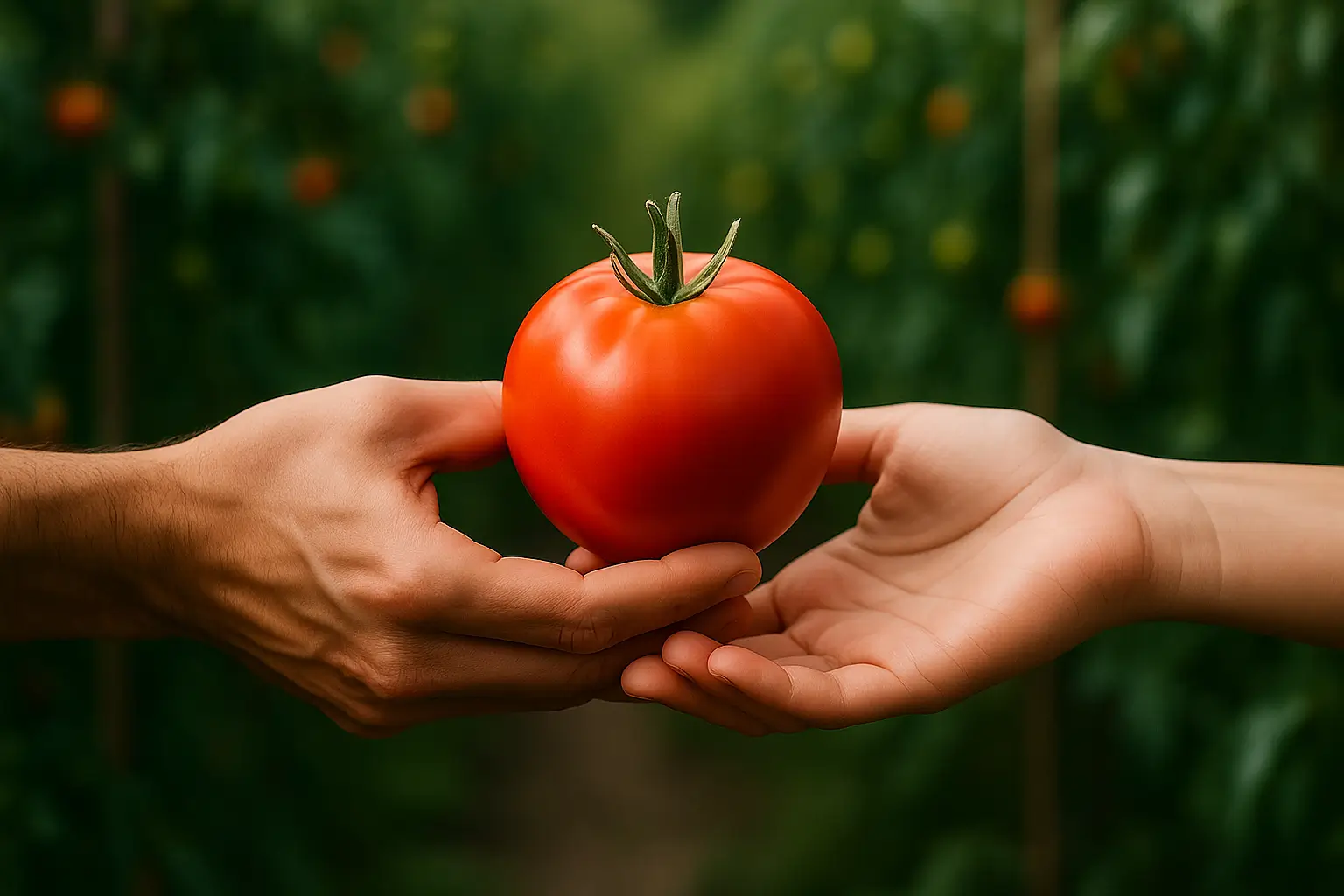Social Food Webs: Foodhero Joins a Europe-Wide Mission to Stop Food Waste
Discover why the Social Food Webs Interreg Europe project matters for circular food systems and how Foodhero is helping Riga turn surplus into opportunity.

Social Food Webs: Foodhero Joins a Europe-Wide Mission to Stop Food Waste
Every year, the European Union loses more than 58 million tonnes of food, while 37 million people struggle to access a nutritious meal every second day. Food waste already causes around 16% of food system emissions and €132 billion in economic losses. Tackling this challenge requires bold collaboration across borders—and that is exactly what the Interreg Europe Social Food Webs project is designed to deliver.
Why Social Food Webs matters
The project brings together eight regions to co-create inclusive, circular food solutions:
- South-Eastern Finland University of Applied Sciences (FI)
- Economic Council of East Flanders (BE)
- Vejle Municipality (DK)
- Valles Occidental County Council (ES)
- Lille European Metropolis (FR)
- Riga Planning Region (LV)
- Wielkopolska Region (PL)
- Environment Company of Porto Municipality (PT)
By analysing local food waste realities and sharing good practices, these partners are building smarter redistribution systems that are fair, transparent and resilient. In Riga, the multi-actor stakeholder group convened by the Riga Planning Region opens space for municipalities, NGOs, businesses and researchers to design practical solutions together.
Foodhero’s focus in the collaboration
Foodhero joined the Social Food Webs network to contribute our hands-on experience from the very start of the supply chain. We help food businesses in Riga transform surplus into value instead of waste by:
- Turning daily surplus into new revenue. Our partner app makes it easy to list surprise bags or discounted dishes, so write-offs become sales that keep food in circulation.
- Strengthening community impact. Local residents discover affordable, high-quality meals while supporting responsible cafés, bakeries and retailers.
- Reducing the hidden footprint. Every kilogram saved means less embodied water, energy and labour lost—something we can only achieve at scale together.
Collaboration that accelerates change
During recent workshops we shared what we see on the ground: businesses need practical tools, clear policy incentives and a community that celebrates success. Hearing from other regions confirmed that technology, stakeholder trust and social inclusion must go hand in hand. The Social Food Webs project creates the perfect environment for that exchange.
Turning that shared vision into action means:
- Mapping where surplus arises across municipalities and sectors.
- Testing circular models that connect donors, logistics partners and social organisations.
- Building policy instruments that reward prevention and redistribution instead of disposal.
What happens next
The project runs until July 2029, giving all partners time to pilot and scale inclusive solutions. Foodhero will continue to:
- Support Riga Planning Region with data-driven insights from our merchant network.
- Highlight success stories from businesses that turn surplus into opportunity.
- Advocate for policies that make redistribution the easiest choice.
Together we can reduce waste, empower communities and secure the future of food. If you represent a food business in Riga that wants to join this movement, we would love to talk.
Let’s transform surplus into shared value—join the Foodhero partner network today.
Make This Christmas Merry & Sustainable: How FoodHero Helps Businesses Thrive
The holiday season brings joy, but also food waste challenges for businesses. Discover how joining FoodHero this Christmas can boost your sales, reduce waste, and attract eco-conscious customers.
Sustainable Snacking: Upcycled Ingredients You’ll Love
Discover how upcycled ingredients are transforming snacks into tasty, sustainable treats that fight food waste.